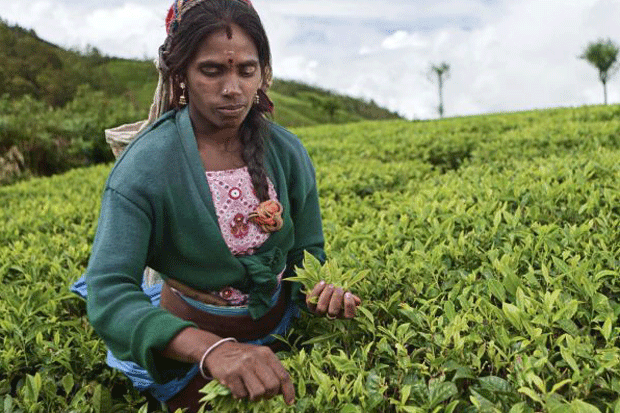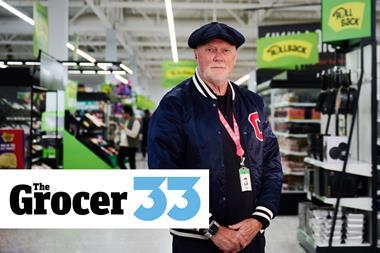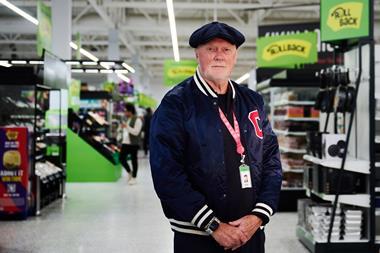
Leading tea brands are resisting mounting pressure to disclose information about their suppliers.
Only 17 out of 65 companies approached by the London-based Business & Human Rights Resource Centre (BHRRC) were willing to provide a list of supplier estates and factories for a new ‘Tea Tracker’, with which BHRRC hopes will give shoppers more clarity about where their tea comes from.
By increasing transparency in the sector, BHRRC hopes to see a crackdown on exploitative and abusive working conditions on plantations.
But only around half the companies engaged with the process, according to the BHRRC, which said 10 “fully disclosed”. It slammed the sector as being marred by a “widespread lack of transparency”.
Twinings and Yorkshire Tea, which said it was “committed to improving the social and environmental standards on the estates we buy from”, were among the handful of companies to respond, said the BHRRC. The likes of Teapigs, Sainsburys and Lidl, had not yet shared supplier lists, it said.
A Sainsbury’s spokeswoman said the retailer was contacting the BHRRC ”to reassure them we can provide information to inform the index in future.”
Sainsbury’s was “committed to sourcing all our products in a sustainable and ethical way and our tea is no exception,” the spokeswoman said, citing its sourcing of Fairtrade and Rainforest Alliance accredited tea and ”discussions with the Ethical Tea Partnership for further interventions in tea supply chains specifically.”
The Grocer has approached Teapigs for comment. It is understood Lidl has contacted the BHRRC with a view to providing information for the tracker. Last year Lidl published a “Human Rights Impact Assessment” based on its Kenyan-sourced tea, in what it said was a first for British retail.
Unilever, which had separately published a list of suppliers in 2019, also provided the BHRRC with its supplier list prior to selling its tea business last month to CVC in a €4.5bn (£3.8bn) deal.
Despite the apparent reluctance of many companies to respond, the information to hand means the Tea Transparency Tracker already includes more than 3,000 factories and estates, more than half of them in India.
The BHRRC said the project aimed to emulate similar transparency efforts in sectors such clothing and footwear, where campaigners have long sought to heighten consumer awareness about brands that source from low-wage sweatshop factories in developing countries.
At stake, the BHRRC said, are the rights of 13 million workers who “have suffered from endemic human rights abuses” on plantations sometimes “little changed from the exploitative colonial era when the industry was established.”Among the abuses reported by the BHRRC were forced labour and sexual violence.
Supply chain transparency, according to Thulsi Narayanasamy, head of labour rights at the BHRRC, could give workers the chance “to directly seek remedy from tea companies when their rights are being abused.”
“Full disclosure is essential if we’re to improve the shocking working conditions on some tea estates,” according to Fiona Gooch, senior policy advisor with Traidcraft Exchange, which in 2018 launched a campaign to persuade British brands and retailers to publicise where they get their tea from.
“UK tea drinkers want to enjoy a guilt-free cup of tea, and for that they need tea brands to demonstrate their true commitment to good working conditions,” Gooch said.


















